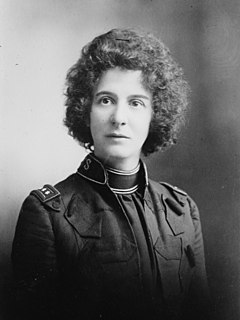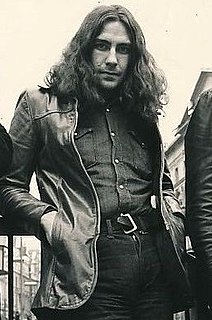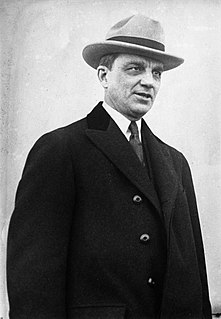A Quote by Henry David Thoreau
In Homer and Chaucer there is more of the innocence and serenity of youth than in the more modern and moral poets. The Iliad is not Sabbath but morning reading, and men cling to this old song, because they still have moments of unbaptized and uncommitted life, which give them an appetite for more.
Related Quotes
And we must beg Homer and the other poets not to be angry if we strike out these and similar passages, not because they are unpoetical, or unattractive to the popular ear, but because the greater the poetical charm in them, the less are they meet for the ears of boys and men who are meant to be free, and who should fear slavery more than death.
Old men tend to forget what thought was like in their youth; they forget the quickness of the mental jump, the daring of the youthful intuition, the agility of the fresh insight. They become accustomed to the more plodding varieties of reason, and because this is more than made up by the accumulation of experience, old men think themselves wiser than the young.
No "natural" resource is more precious and to be used more wisely than time. These mortal moments matter more than we know. There are no idle hours; there are only idle people. In true righteousness there is serenity, but there is an array of reminders that the "sacred present" is packed with possibilities which are slipping by us, which are going away from us each moment.
All the poets are indebted more or less to those who have gone before them; even Homer's originality has been questioned, and Virgil owes almost as much to Theocritus, in his Pastorals, as to Homer, in his Heroics; and if our own countryman, Milton, has soared above both Homer and Virgil, it is because he has stolen some feathers from their wings.
There are no moments more painful for a parent than those in which you contemplate your child's perfect innocence of some imminent pain, misfortune, or sorrow. That innocence (like every kind of innocence children have) is rooted in their trust of you, one that you will shortly be obliged to betray; whether it is fair or not, whether you can help it or not, you are always the ultimate guarantor or destroyer of that innocence.
Drink has shed more blood, hung more crepe, sold more homes, plunged more people into bankruptcy, armed more villains, slain more children, snapped more wedding rings, defiled more innocence, blinded more eyes, dethroned more reason, wrecked more manhood, dishonored more womanhood, broken more hearts, blasted more lives, driven more to suicide and dug more graves than any other evil that has cursed the world.
Youth is not a time of life - it is a state of mind. It is not a matter of red cheeks, red lips and supple knees. It is a temper of the will; a quality of the imagination; a vigor of the emotions; it is a freshness of the deep springs of life. Youth means a tempermental predominance of courage over timidity, of the appetite for adventure over a life of ease. This often exists in a man of fifty, more than in a boy of twenty. Nobody grows old by merely living a number of years; people grow old by deserting their ideals.
I would not say that old men grow wise, for men never grow wise; and many old men retain a very attractive childishness and cheerful innocence. Elderly people are often much more romantic than younger people, and sometimes even more adventurous, having begun to realize how many things they do not know.



































